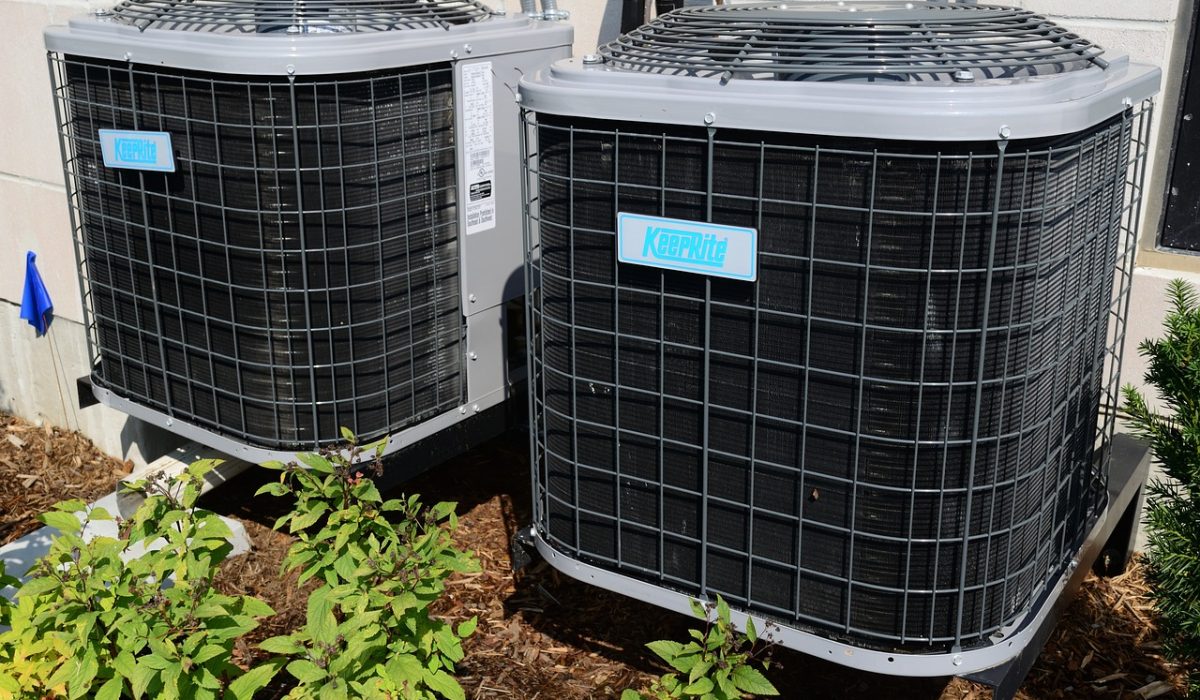Understanding Energy Efficiency in ACs
In a world where environmental consciousness is paramount and energy prices are on the rise, achieving energy efficiency in our homes is more crucial than ever. With air conditioning often being a primary energy consumer, optimizing its efficiency can make a significant difference both to the planet and your pocket.
When shopping for air conditioners or assessing your current unit, you might come across terms like SEER (Seasonal Energy Efficiency Ratio) and EER (Energy Efficiency Ratio). These ratings gauge how much cooling a unit provides for each unit of energy consumed. The higher these numbers, the more efficient the air conditioner.
Choosing the Right Sized Unit
Size matters when it comes to ACs. An oversized unit can lead to frequent on-off cycles, while an undersized one might struggle to cool your space, both resulting in wasted energy. Ensure your unit is appropriate for the size of your room or home for optimal performance.
Regular Maintenance and Cleaning
Just like a car runs best with regular servicing, your AC needs routine maintenance to operate efficiently. Clean filters ensure unobstructed airflow, while clear condenser coils ensure effective heat transfer. Simple regular check-ups can boost efficiency and performance.
Optimizing Thermostat Settings
With the advent of programmable and smart thermostats, it’s easier than ever to optimize your AC’s operation. Setting your thermostat to adjust to different temperatures when you’re away or asleep can lead to significant energy savings without compromising comfort.
Improving Home Insulation
Good insulation is the cornerstone of energy-efficient cooling. Ensure that your windows are sealed and consider investing in blackout curtains to block heat. Adding weatherstripping or enhancing wall insulation can also prevent cool air from escaping, making your AC’s job easier.
Utilizing Fans and Natural Ventilation
Fans can be a valuable ally to your AC. They help distribute cool air more evenly, allowing for higher thermostat settings without sacrificing comfort. Furthermore, opening windows for cross-ventilation during cooler parts of the day can reduce the need for artificial cooling.
Upgrading to Energy-Efficient Models
If your air conditioner is older, it might be time for an upgrade. Modern AC units are designed with energy efficiency in mind, and the initial investment can often be recouped through savings on energy bills. Plus, many regions offer rebates or tax incentives for green upgrades.
Monitoring and Adapting
Keep an eye on your energy bills. If you notice a spike in consumption, it might be time to reassess your cooling habits or check your AC for potential issues. Being proactive and adaptive can lead to substantial long-term savings.
Conclusion
Energy efficiency isn’t just a buzzword—it’s a necessity for our planet and a smart choice for our wallets. By adopting the strategies outlined above, you can enjoy a cooler home or business while reducing your carbon footprint and saving money.
Explore Energy-Efficient Solutions
Interested in making the switch to a more energy-efficient air conditioning system? Let Cape Direct Connect guide you to the perfect solution.
